One can chart a clear path from Elvis Presley’s musical influences of the 1940s and ‘50s to his reign as the King of Rock and Roll in the following decades, but that doesn’t mean that path was a two-way street. Presley based much of his musical and performative style on Black rock and blues artists who came before him. Presley covered countless hits originally performed by Black artists, from Little Richard’s “Tutti Frutti” to Ray Charles’ “I’ve Got a Woman” to Willie Mae “Big Mama” Thornton’s “Hound Dog.”
Videos by American Songwriter
Recording cover material was a common practice around this time. However, the racial implications of Presley covering music written and performed by Black artists (and often gaining greater success than those artists) was undeniable. The public was clearly hungry for this kind of music. But the drastic difference in the reception of Presley’s music versus the Black artists outlined a rhythm-and-blues-loving country still steeped in racism.
Unsurprisingly, this led to a lot of Elvis’ early musical influences publicly denouncing his reign as the King of Rock and Roll. After all, the royal court had already been in session for years before Elvis ever arrived.
Little Richard
From his flamboyant stage persona to his almost androgynous sexuality, Little Richard was a top contender on the list of Elvis Presley’s musical influences. Presley covered Richard’s controversial track “Tutti Frutti” in the late 1950s, and Richard took note of the different public reactions. “I think that Elvis was more acceptable being white back in that period,” the “Long Tall Sally” singer told Rolling Stone in 1990. “I believe that if Elvis had been Black, he wouldn’t have been as big as he was.”
“If I was white, do you know how huge I’d be?” He continued. “If I was white, I’d be able to sit on top of the White House. A lot of things they would do for Elvis and Pat Boone, they wouldn’t do for me.” Shortly after Elvis’ death in 1977, Richard spoke fondly of him, calling him “one of the greatest performers who ever lived in this world.” Still, that didn’t diminish Richard’s keen awareness that part of that success came from his palatability to the public.
Big Mama Thornton
The debate over whether Elvis Presley stole Big Mama Thornton’s “Hound Dog” has spanned decades and even centuries as the original songwriter Mike Stoller (one-half of the iconic duo, [Jerry] Leiber and Stoller) confirmed that this wasn’t the case in a 2022 podcast. Nevertheless, that didn’t stop Thornton from feeling like Presley unfairly co-opted her signature track without giving her credit. Thornton once accused Presley of refusing to share a bill with her after he released “Hound Dog” and would often preface her own performances of the song as “the record I made Elvis Presley rich on.”
These types of disclaimers were a common element to Thornton’s live shows. During one particularly contentious performance, Thornton’s drummer began playing Presley’s version of “Hound Dog” when, to his horror and embarrassment, Thornton stopped the band, said, “This ain’t no Elvis Presley song, son,” and made the drummer get up while she sat behind the kit and showed him how to play the song “the Big Mama way.”
Ray Charles
Few of Elvis Presley’s musical influences were as brash as Ray Charles, who had few positive things to say about the King of Rock and Roll during a 1994 interview. After the interviewer prompted Charles by saying Elvis was talented, Charles raised his eyebrows and said, “Well, uh…okay.” Charles continued, “What Elvis did was he caused a lot of the populist—and usually, when people say populist, they usually mean white people—to start listening to a lot of music that normally they wouldn’t have been listening to.”
“They say he’s the king,” Charles said. “I got in trouble because one guy asked me this question, and I said, ‘The king of what?’ He got mad at me. You see, I don’t think of Elvis like that because I know too many artists that are far, far greater than Elvis. I think Elvis came along at the right time. He was a white kid that could do rock ‘n’ roll or rhythm and blues, and the girls could swoon over him. Nat [King] Cole got in trouble in Alabama when the women swooned over him.”
“Black people have been going out shaking their behind for centuries. What the hell’s unusual about that? That’s all Elvis was doing was copying that. He was doing our kind of music. He was doing Willie Mae Thornton, “Jailhouse Rock,” that’s Black music. So what the hell am I supposed to get so excited about?”
Photo by Michael Ochs Archives/Getty Images





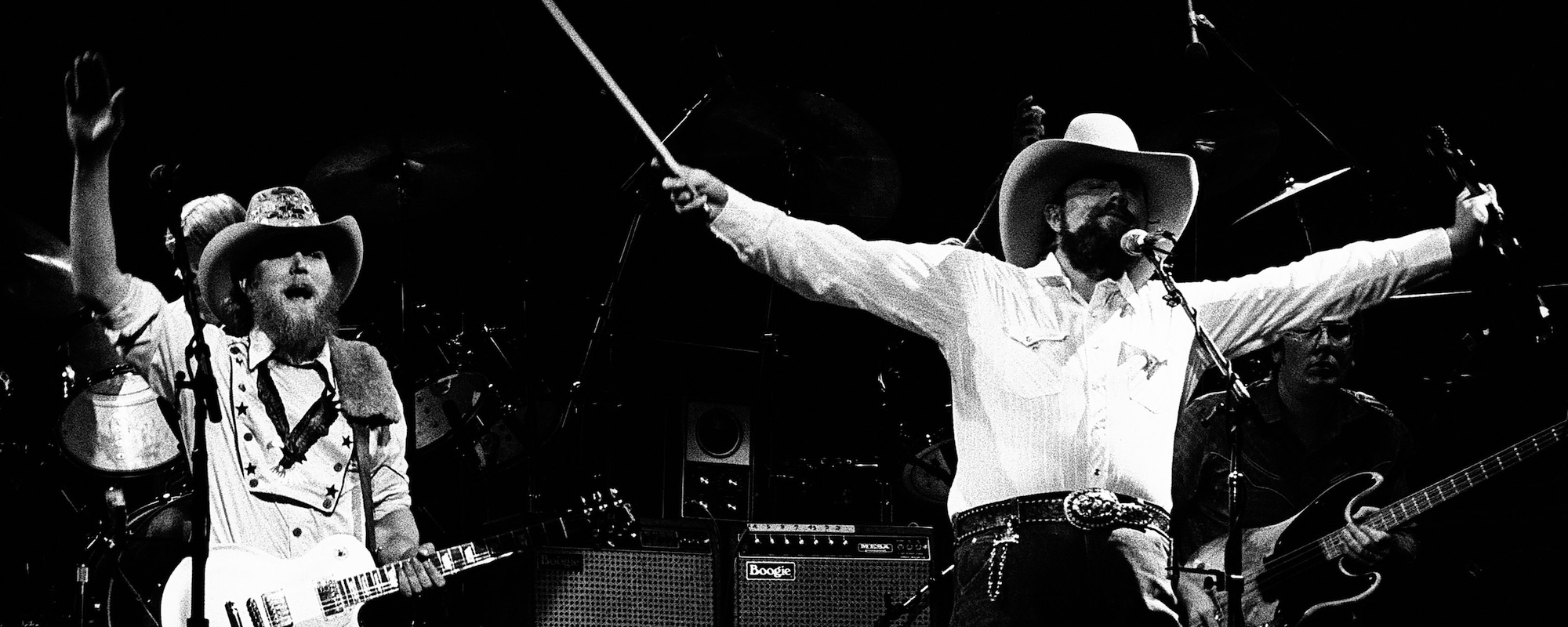
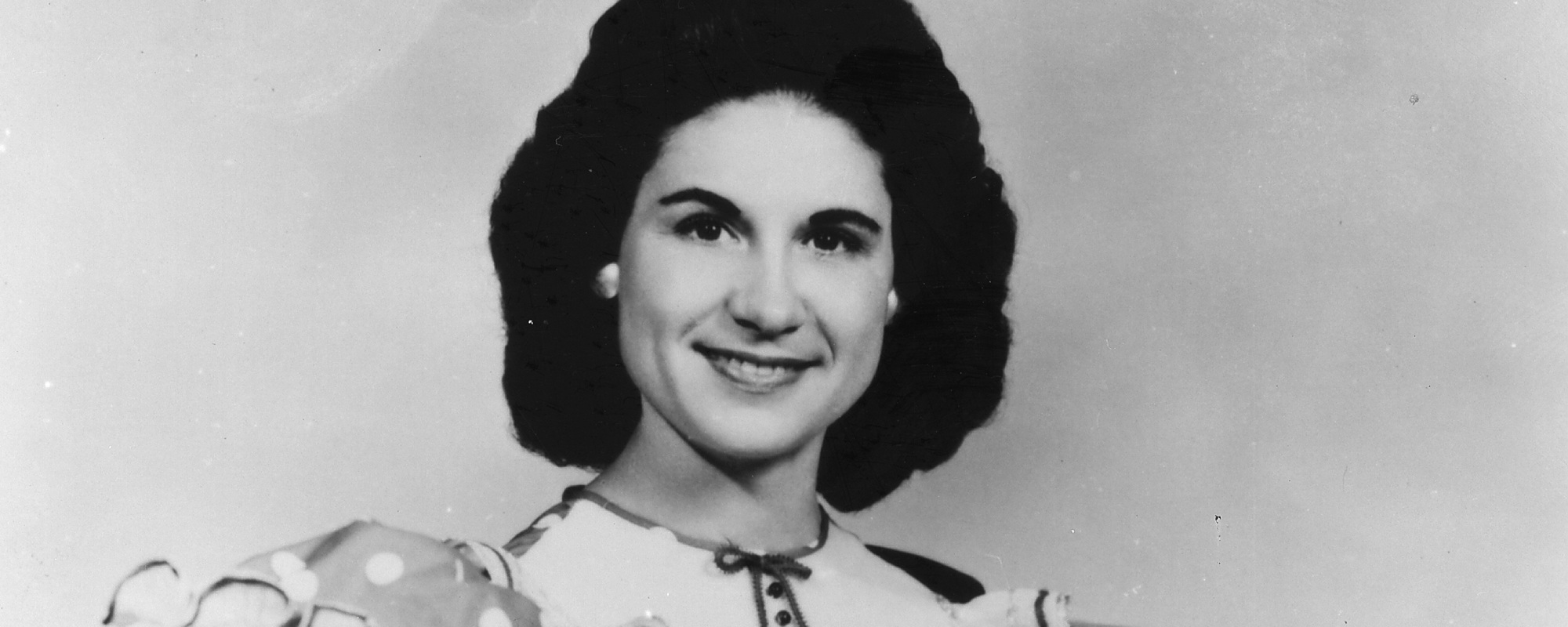
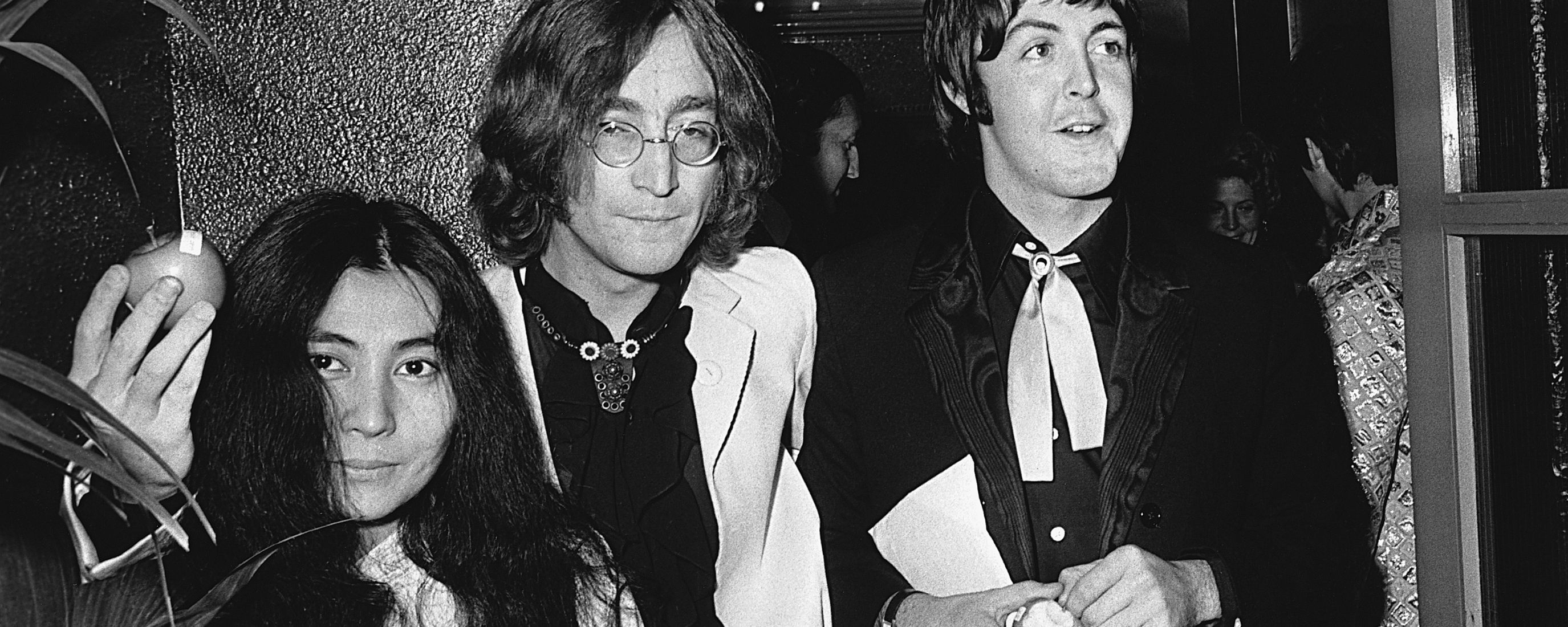
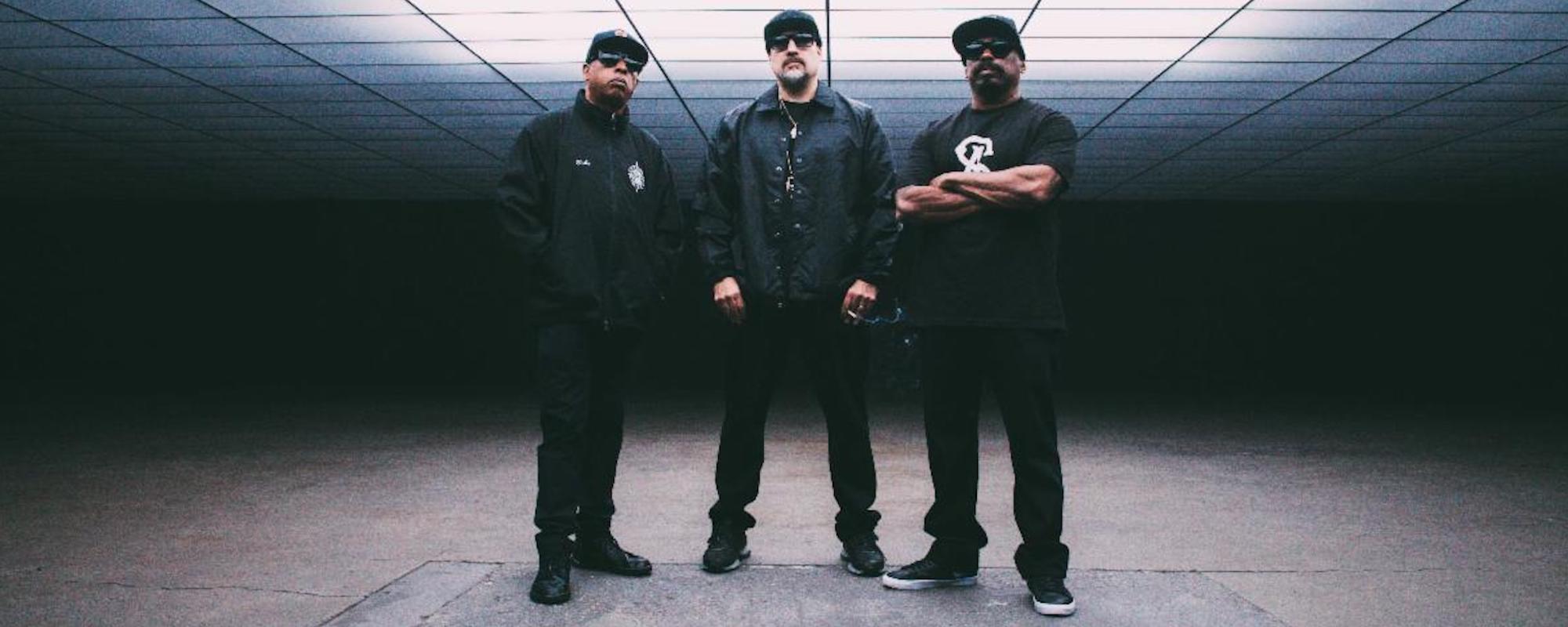
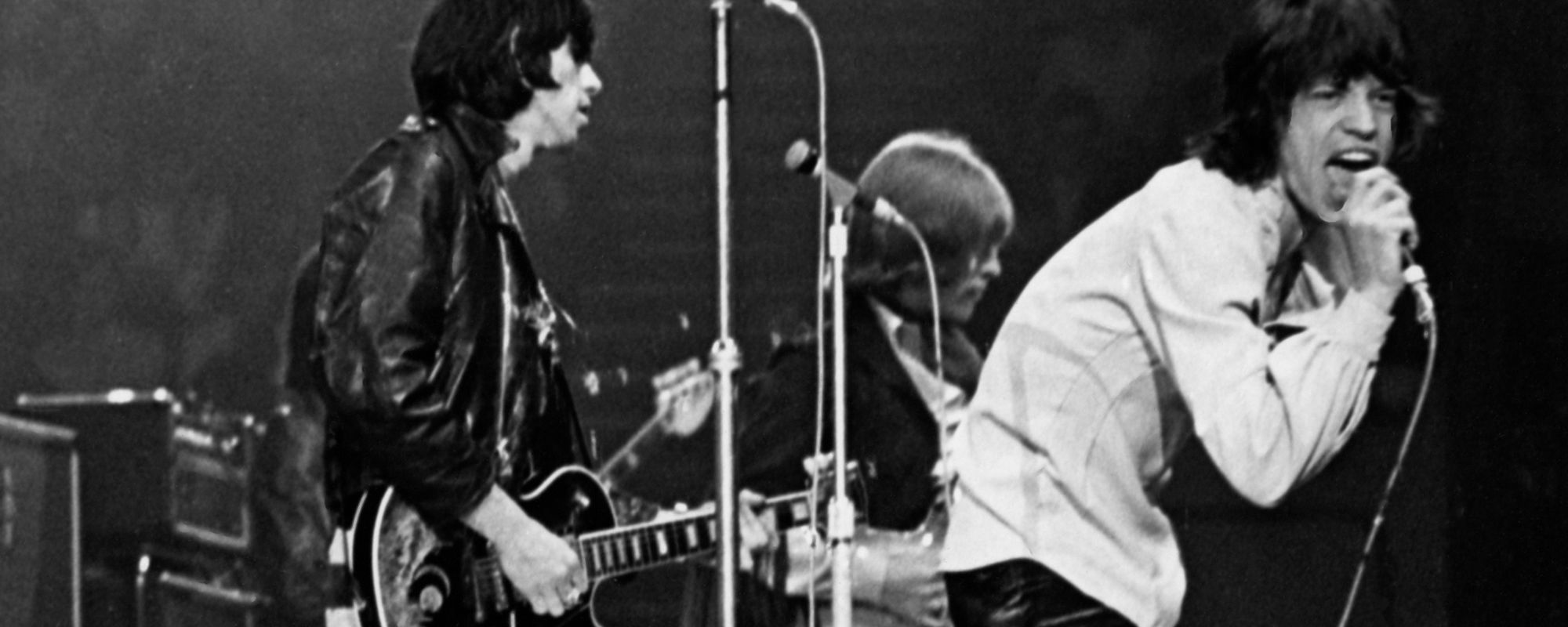

Leave a Reply
Only members can comment. Become a member. Already a member? Log in.